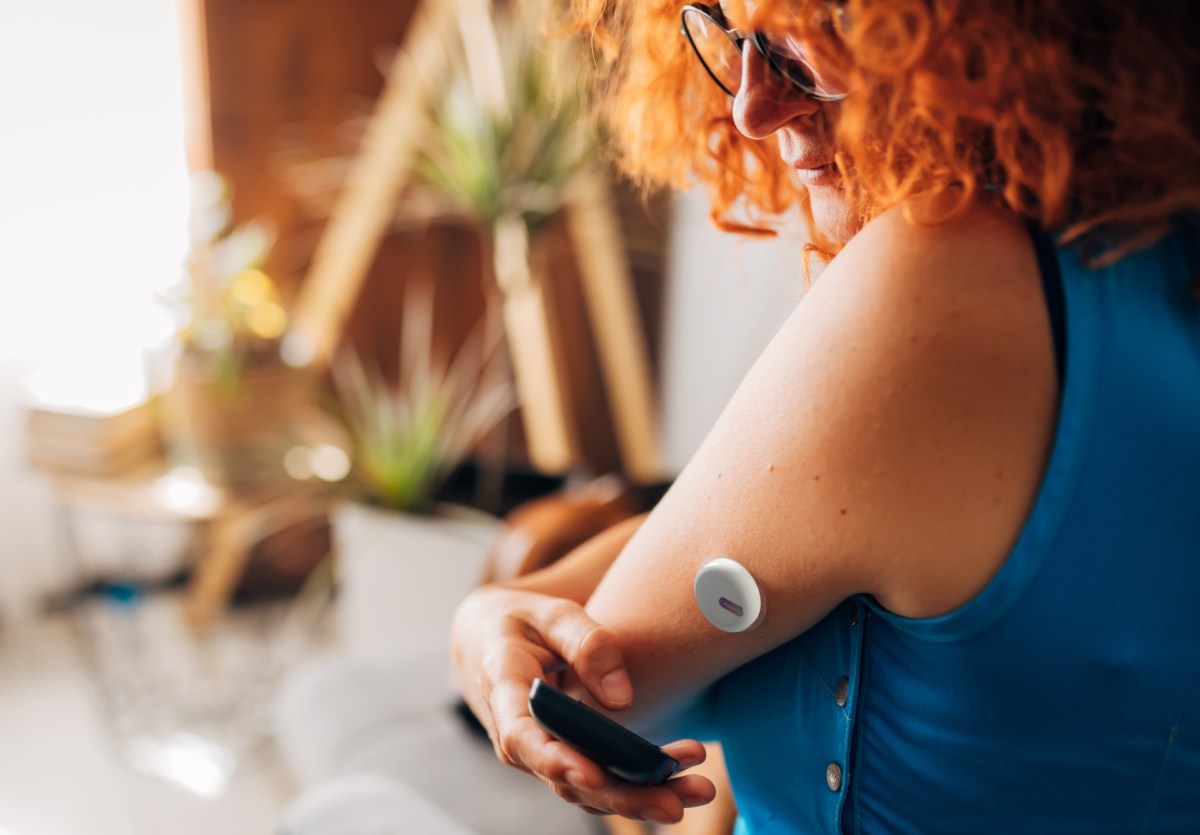People with chronic kidney disease, or those at risk of heart failure, are greatly affected by potassium imbalances in the body. These can even be life-threatening. While wearable glucose monitors are now commonplace and have transformed the lives of diabetes patients, potassium monitoring is in its infancy as it’s hard to do. Now, startups are emerging to address the problem.
Proton Intelligence is a Canada-based startup developing a continuous potassium monitoring product. It’s now closed a $6.95 million Seed financing round led by SOSV in the Bay Area. Clinical trials are underway for the product, which is due to launch in 2025.
Proton is developing a small device that would be inserted just below the skin in order to monitor potassium levels. This would connect with a smartphone app so that patients can monitor their potassium levels and get notifications if their levels move out of a safe range, based on lifestyle choices, like diet, or medication.
A clinician dashboard will provide a view of a patient’s potassium trends, and care teams will be able to use the data to fine-tune therapies. In-clinic potassium testing would be drastically reduced, saving a lot of time and costs.
The company was co-founded by CEO Sahan Ranamukhaarachchi (based in Vancouver, Canada) and CSO Victor Cadarso (based in Melbourne).
The two founded the startup after both working on wearable biosensors as researchers in Switzerland 10 years ago. Ranamukhaarachchi went on to found a skin-based drug delivery start-up (Microdermics), while Cadarso became a professor in micro and nanosensors at Monash University in Melbourne. Proton, therefore, has a commercial-focused HQ in Canada and a wholly-owned R&D-focused subsidiary in Melbourne, Australia.
Ranamukhaarachchi told TechCrunch the team did over 100 in-depth interviews with care teams to research their product: “These highlighted the devastating consequences of ‘flying blind’ when managing potassium levels, because delays in monitoring often lead to preventable hospitalizations, stopping therapies, or even sudden cardiac death,” he said.
He described how patients have talked about “a constant fear of potassium imbalances, questioning if eating a single banana or missing a blood test” could affect their health or even put their lives at risk.
The problem is clearly very real. Some 10% of the population worldwide is affected by chronic kidney disease, and millions die each year because they do not have access to affordable treatment.
Proton competes with a number of other emerging firms in the sector.
AliveCor estimates potassium levels indirectly by detecting cardiac activity (it’s raised $154.3 million to date). Alio (raised $46M) does potassium monitoring in dialysis patients. Renalyse out of Spain measures potassium via finger-prick blood samples (raised) €1 million. There are of course, several others.
That said, Proton’s founders claim that its solution will be more scalable: “No other technology currently offers this level of usability, accuracy, and clinical impact,” said Ranamukhaarachchi.
In a statement, Mohan S. lyer, General Partner at SOSV, said: “We are proud to be the first institutional investor in Proton Intelligence… and we are excited to continue to support them as they move into clinical validation.”
Also investing in this Seed round is We Venture Capital, Tenmile, LongeVC, 15th Rock, Exor, and Trampoline Venture Partners.





whoah this weblog is fantastic i really like
studying your articles. Keep up the good work! You understand, lots of people are looking around for this info, you could aid
them greatly.
I’m not that much of a online reader to be honest but your
blogs really nice, keep it up! I’ll go ahead and bookmark your site
to come back later. All the best
Hello, I think your blog might be having browser compatibility problems.
Whenever I take a look at your site in Safari, it looks fine but when opening in IE, it’s
got some overlapping issues. I merely wanted to provide
you with a quick heads up! Aside from that, wonderful
website!
Tremendous issues here. I am very satisfied to peer your article.
Thank you so much and I’m having a look ahead to contact you.
Will you kindly drop me a mail?
I always used to study paragraph in news papers
but now as I am a user of web thus from now I am using net for content, thanks to web.
Hi there! Would you mind if I share your blog with my twitter group?
There’s a lot of folks that I think would really enjoy your content.
Please let me know. Thanks
Hello There. I discovered your weblog the usage of
msn. This is a really neatly written article.
I will make sure to bookmark it and return to read more of your helpful info.
Thanks for the post. I will definitely return.
Greetings from California! I’m bored at work so I decided to check out your site on my iphone during lunch break.
I love the information you provide here and can’t wait
to take a look when I get home. I’m surprised at how fast your blog loaded on my mobile ..
I’m not even using WIFI, just 3G .. Anyhow, wonderful site!